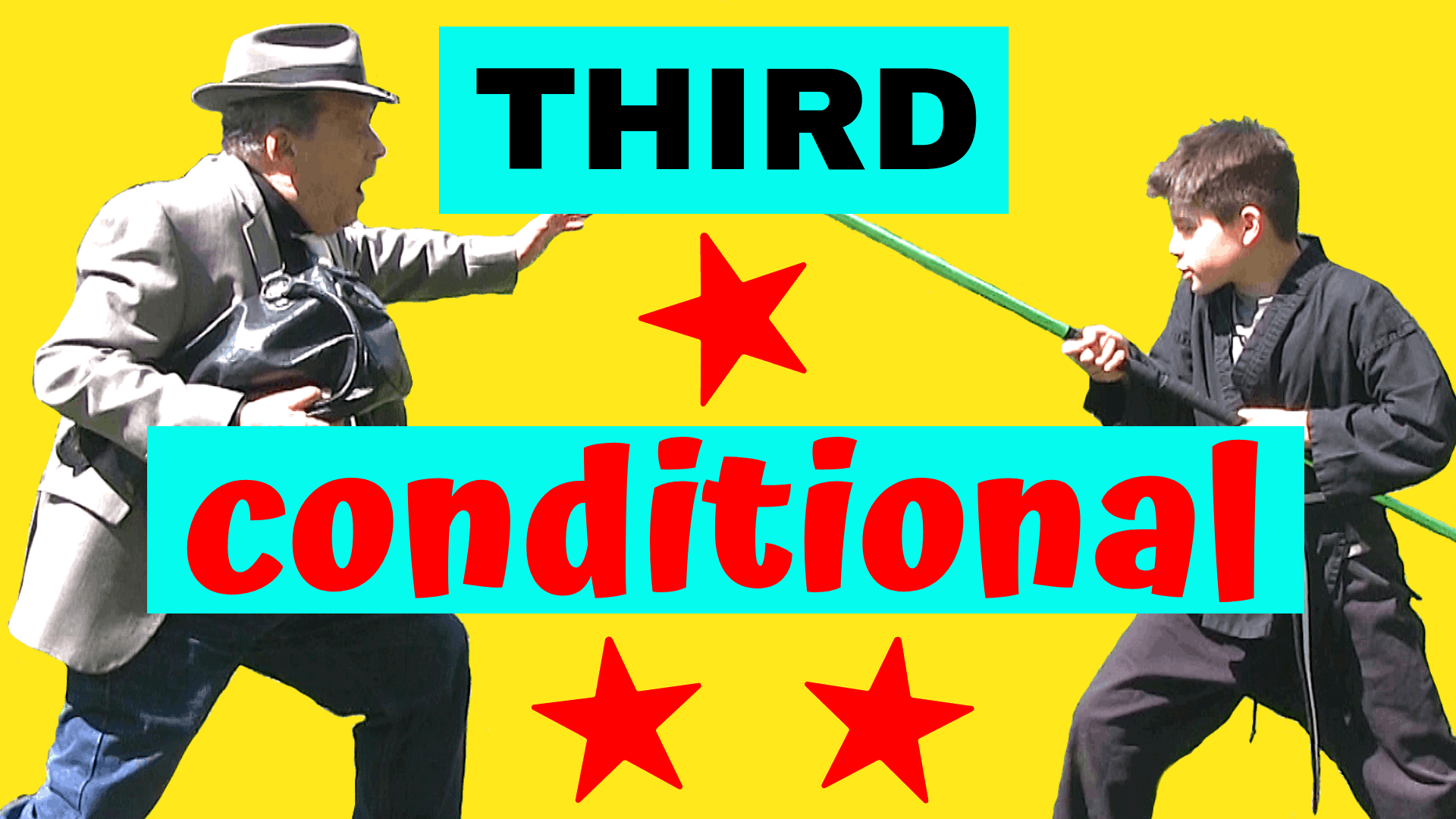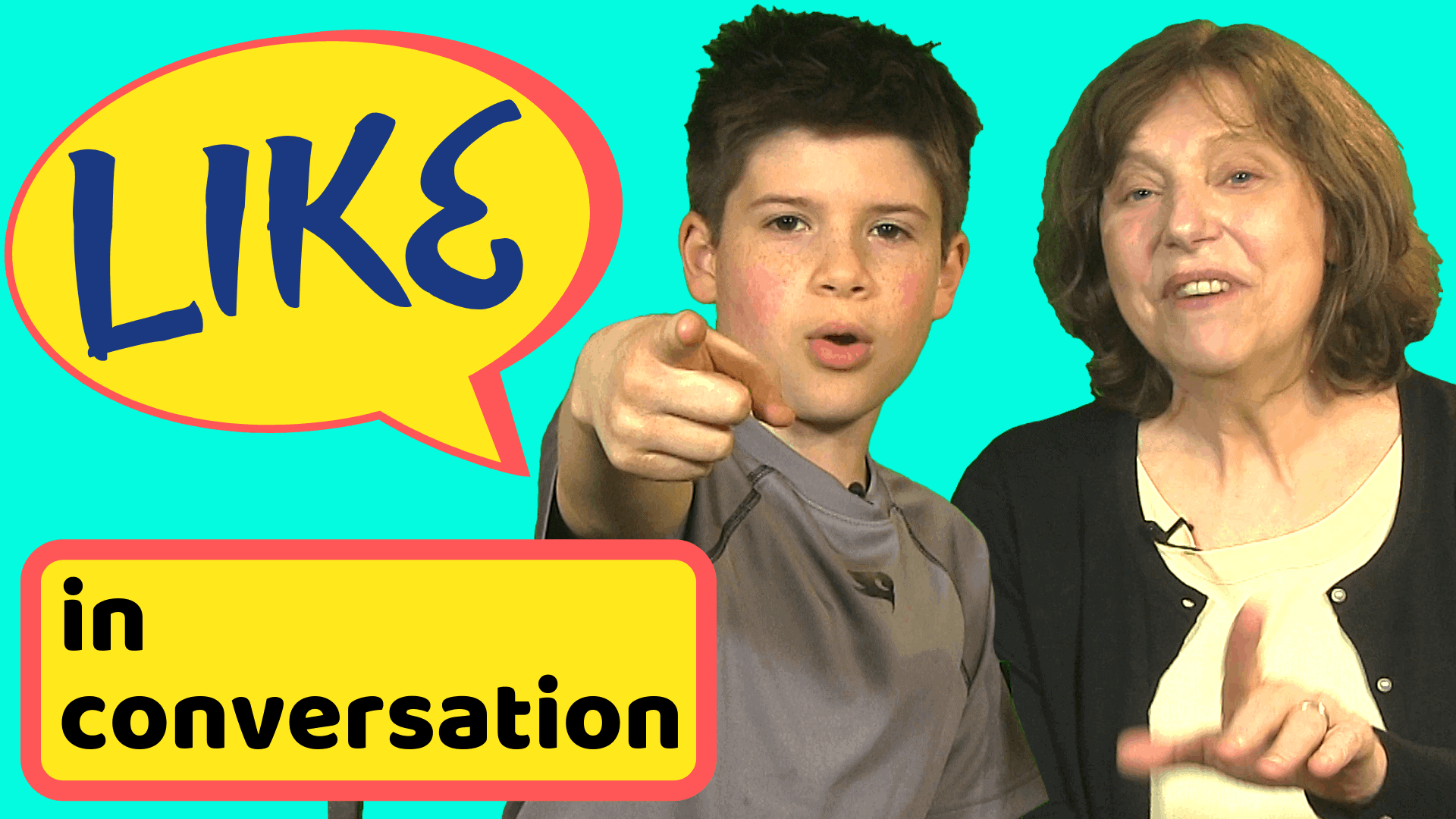
7 American slang expressions that Brits don’t use.
How good is your American English slang? In this American English slang lesson you’ll learn 7 American English colloquial expressions that Brits don’t use, and a couple that both Brits and Americans use. They include: – for the birds – John Hancock – shoot the breeze – Monday morning quarterback – carpetbagger – Joe Blow or the average Joe – John Doe and Jane Doe. American English slang and expressions that Brits don’t use I’m










